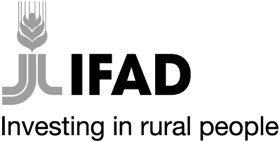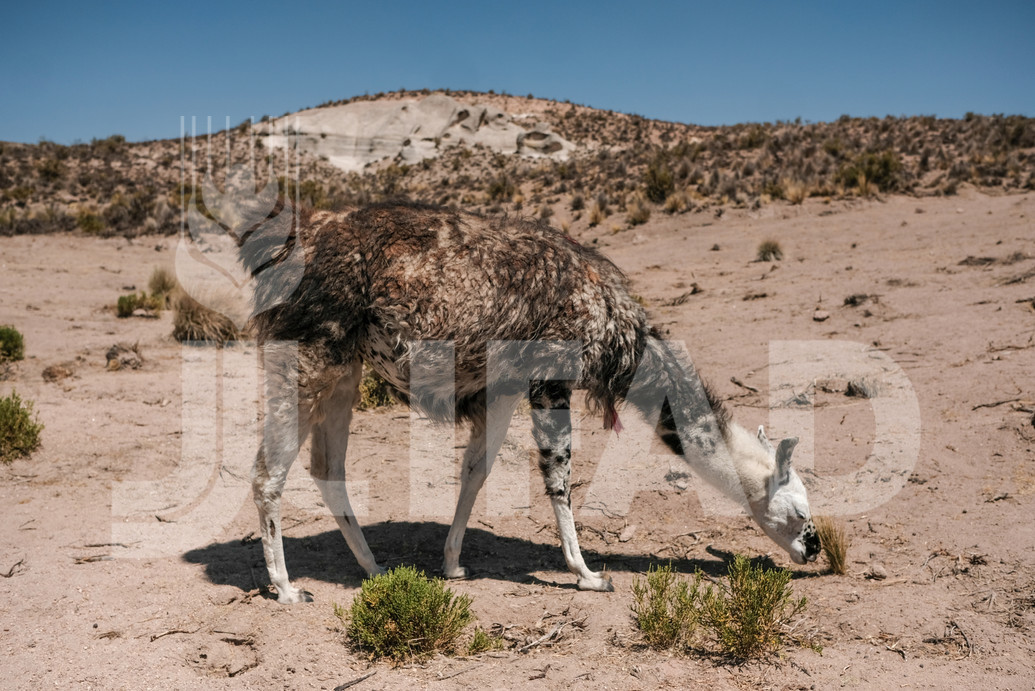| ID: | 83960 |
|---|---|
| Country: | Bolivia |
| Title: | Bolivia - Integral Strengthening Programme for the Camelid Value Chain in the Bolivian High Plateau (Pro-Camélidos) - October 2023 |
| Description: |
There are two types of llamas in the cultural jargon of this highland region of Bolivia. On the one hand there are the k'aras (more slender) and, on the other, there are the thampullis (more circular and fluffy in appearance). In the photo, a thampulli llama is grazing on the property of the family of Verónica Calle Chuquichambi, a native authority of the Aparu ayllu of the Chojñacota community of the San Pedro de Totora municipality in Oruro, Bolivia. "K'aras llamas cost - their price is higher than that of thampullis, which are less expensive - mostly for meat. They slaughter them, so they take the wool from them as well," Calle explains. In the transformation and commercialization processes, new layers of difficulties are revealed, from the lack of technical assistance to high production costs, weaknesses in access to markets and financial services, and a palpable lack of relationships between the various actors in the production complex. That is why the Pro-Camelid program was established as a solution for this sector since 2016, the year in which the Bolivian State signed an Agreement with IFAD to improve the living conditions of camelid livestock in the Altiplano region of this country. Through Pro-Camelidos, there is the Government's commitment to continue strengthening the camelid livestock producing sector with investments such as this one, aimed at increasing the productive and reproductive indices of llamas and alpacas, as well as the transformation of products and by-products derived from camelid fiber and meat. |
| Size: | 11.53 MB; 6000 x 4007 pixels; 508 x 339 mm (print at 300 DPI); 1588 x 1060 mm (screen at 96 DPI); |
| Show more details: | CARLOS SANCHEZ |
| Copyright: | ©IFAD/Carlos Sanchez |
| Categories: | New from Latin America and the Caribbean |
| URL: | ifad.org |

